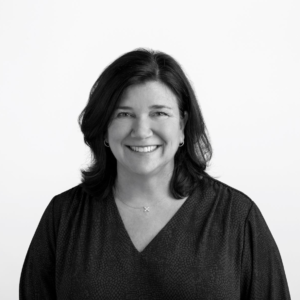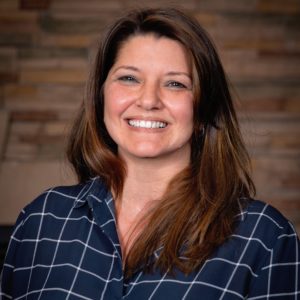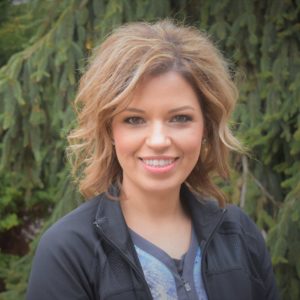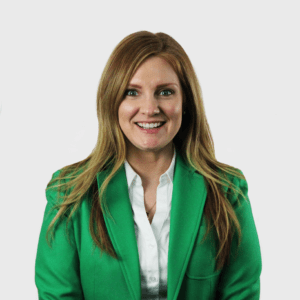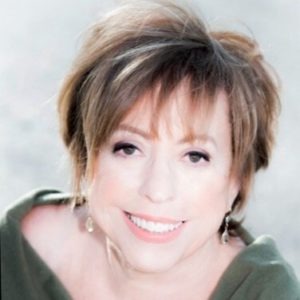Surplus safety
Three big thinkers in "the elderhood" broke the ice early on Monday morning with a challenging thought. Can too much safety actually cause harm? Dr. Bill Thomas, Judah Ronch, PhD and Margaret Calkins, PhD, launched the morning session at Environments for Aging with a combination of thought-provoking statements and questions. The following are sound bites from the casual chat led by three pillars of our industry.
Risk is essential to growth. When we remove any element of risk, our elders cease to grow. Our risk management efforts focus on "downside risk" at the expense of "upside risk.” This risk management mindset mirrors the survey process which focuses on eliminating downside risk. If an elder's right to folly (make mistakes) is removed, their freedom is also removed. Their freedom to grow and learn disappears as well.
Our medical society views death as failure. This fear-based conditioning causes us to avoid death at all costs by avoiding risk, at all costs. The last time I checked, death was inevitable and, based on your eternal perspective, should really be celebrated.
The audience was also challenged with the realities of brainstorming and consensus building. This process tends to result in "group think" where the most conservative and least risky solutions and strategies surface to the top. Committees are not wired to embrace the upside of risk. It is far too easy to walk out of a brainstorming session with a "play it safe" strategy to protect others from getting hurt.
The audience was left with three risk-oriented questions to ponder. Who is really taking the risk? What are the consequences of taking the risk? What happens if the risk taker is wrong? At the end of the day, we need to stop making risk decisions for our elders and watch them grow in their elderhood.
Mitchell S. Elliott, AIA, is Chief Deveopment Officer, Vetter Health Services, Inc., and a frequent contributing blogger for Long-Term Living.
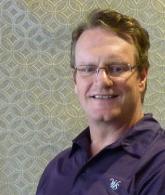
As Chief Development Officer, Elliott serves on the Executive Leadership Team for Vetter Health Services (www.vetterhealthservices.com). He oversees planning, design, construction, and facilities management in 33 senior living campuses in the Midwest. Elliott is currently Vice President of the SAGE Federation and serves on the AHCA Life Safety Committee. He has served as a juror for the Long-Term Living DESIGN competition.
Related Articles
Topics: Activities , Articles , Executive Leadership




